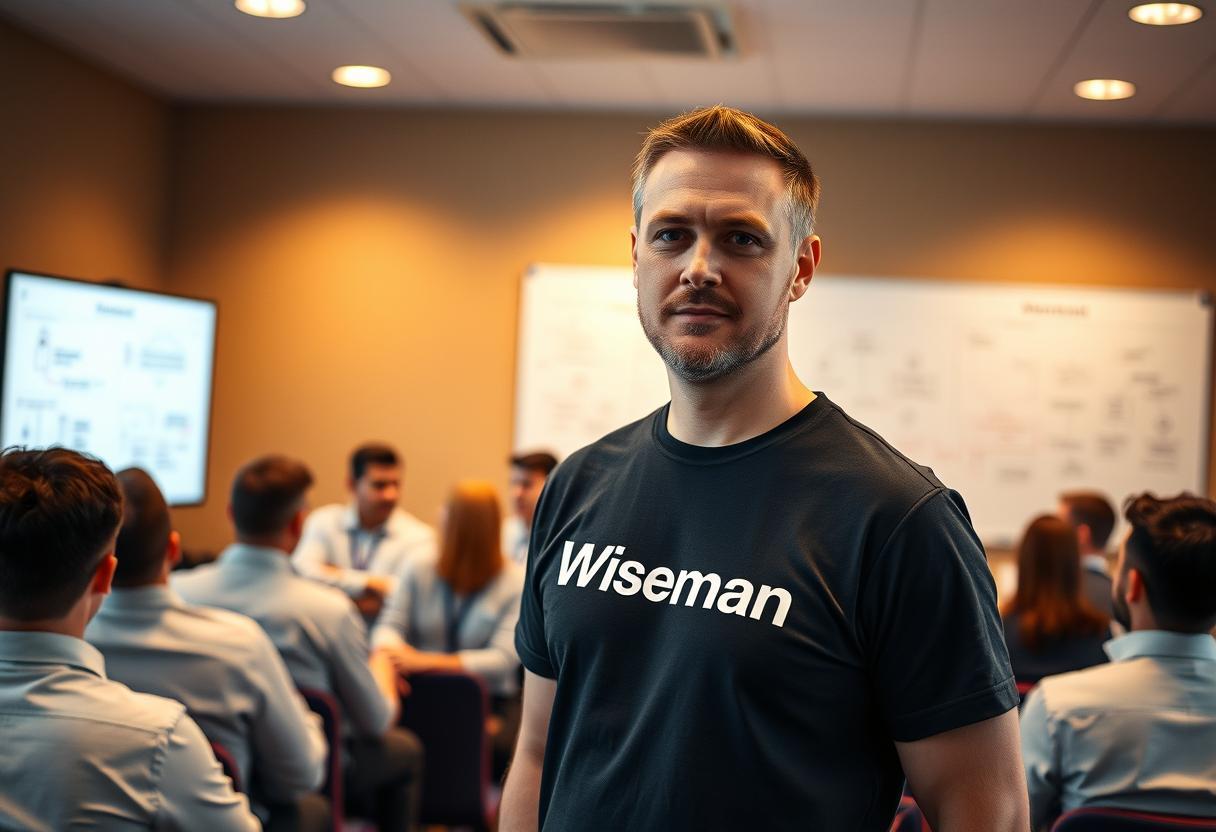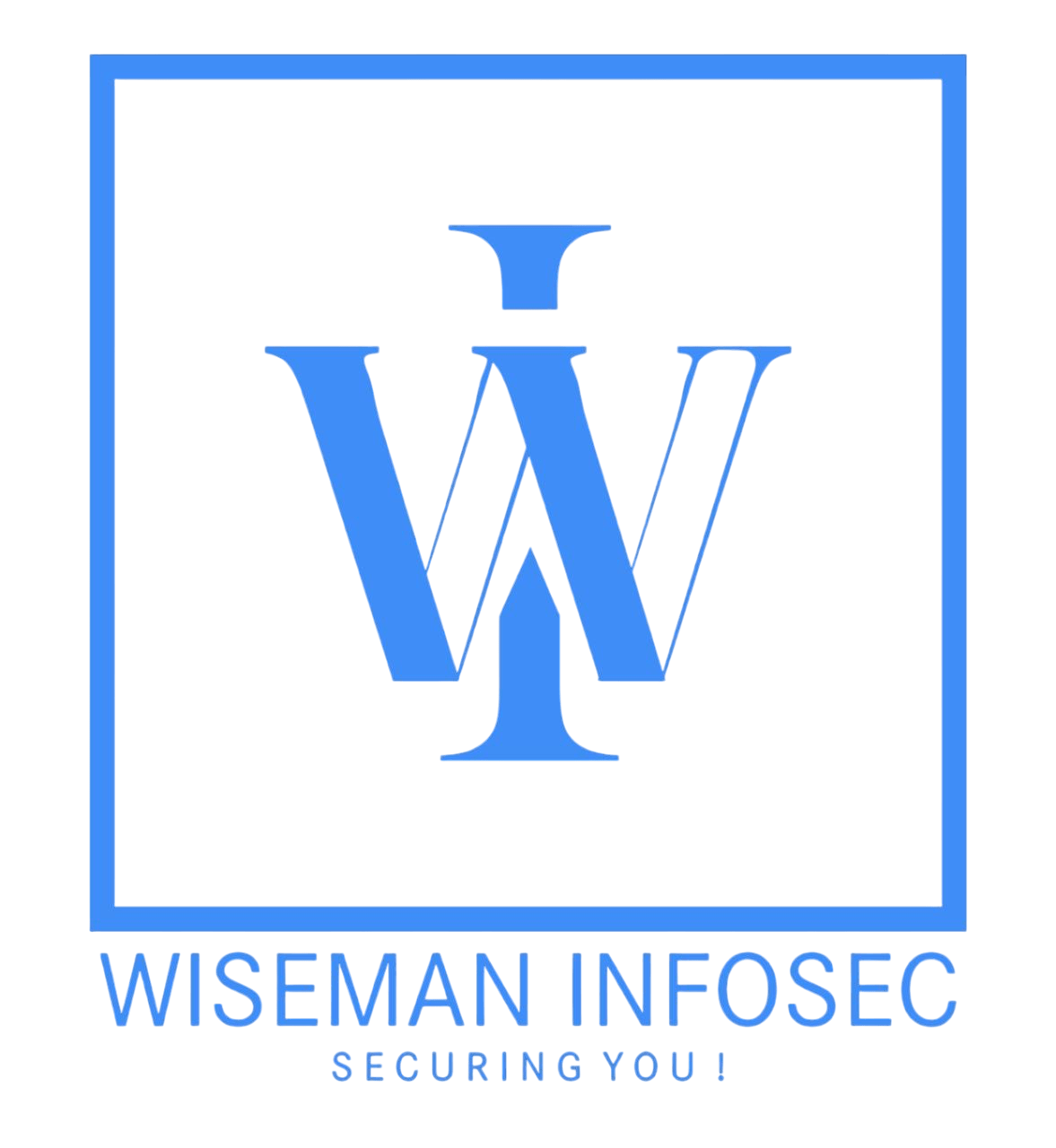DevSecOps Learning Path
A DevSecOps course integrates security practices into the DevOps lifecycle, teaching how to automate security throughout development and deployment processes. It covers secure coding, continuous integration, automated testing, and vulnerability scanning to ensure robust security from the start. The course also emphasizes collaboration between development, security, and operations teams to create a culture of proactive risk management.
Introduction to DevSecOps
Fundamentals of Linux & Scripting
Introduction to Cloud & Infrastructure as Code (IaC)
Secure Software Development & SAST
CI/CD Security & DevSecOps Toolchain
Container Security & Kubernetes Hardening
Tool-Specific Tracks
Automated Security Testing & DAST
Compliance as Code & Governance
Certification Path:

Certified DevSecOps Professional (CDP)

AWS Certified Security – Specialty
Threat Modeling for DevOps
Incident Response & Security Monitoring
Certification Path

GIAC Cloud Security Essentials (GCLD)

Certified Kubernetes Security Specialist (CKS)
Red Teaming & DevSecOps Adversarial Simulation
Advanced Cloud & Serverless Security
Certification Path

GIAC DevSecOps Engineer (GDSOE)

Offensive Security Certified Professional (OSCP)

Certified Cloud Security Professional (CCSP)
Hours Per Day
≈ 7-8 Months
≈ 6 Months
≈ 5 Months
System Administrator
$89,000 /year
What day-to-day looks like
- System Monitoring and Maintenance
- Design and Development
- OS and Application Installation, Configuration, and Testing
- Performance Monitoring
- System Automation
- Technical Support
- Security and Backup
- Continuous Improvement
- Collaboration and Coordination
Start The Test
Test your Readiness for Free!
The skills test is a hands-on exam that helps you identify where you stand today in your preparation for your DevOps exam. Do you know about DevOps enough to attempt the exam? Find out now!
FAQs
1. What is DevSecOps?
DevSecOps integrates security into the DevOps lifecycle.
2. Who should take this learning path?
- DevOps engineers, security professionals, and cloud architects.
3. What will I learn?
- Secure CI/CD pipelines, automated security testing, and container security.
4. What are the prerequisites?
Basic DevOps, cloud, and security concepts.
5. What certifications can I pursue?
- Certified DevSecOps Professional (CDP)
- AWS Certified DevOps Engineer – Professional
6. What career opportunities are available?
- DevSecOps Engineer
- Security Automation Engineer


